The love letter to Uruguay from an accidental migrant 4:27
(CNN Spanish) -
The number of new daily cases of covid-19 reached a new maximum this week in Uruguay, but the situation remains privileged compared to other countries.
Uruguay is going through its seventh month of pandemic with almost all activities underway.
The Achilles heel, right now, seems to be the border area with Brazil.
These are some keys to how Uruguay coexists with the coronavirus amid marches, elections, bars and open schools, and with a summer season that is getting closer and closer.
On the last Friday in September, tens of thousands of people took to the streets of Montevideo, many of them without masks, to participate in the March for Diversity.
Two days later, more than two million people voted in person in the departmental elections.
That total included, according to the Health Minister, at least 6,000 people who came to vote from abroad.
That same night, people from all departments of the country took to the streets to celebrate the victory of each of their candidates.
Many without masks.
March for Diversity on September 25 in Montevideo.
(Credit: Eitan Abramovich / AFP / Getty Images)
A week later, dozens of sites of historical and cultural value opened their doors to thousands of people to celebrate the traditional Heritage Day.
Meanwhile, every weekend the border city of Rivera receives hundreds of Brazilians who arrive from the interior of the country in dozens of buses to make wholesale purchases in duty-free stores, to later resell in their country, according to media reports. local.
Brazil is the third country with the most cases in the world.
The bars are open.
With limited capacity, theaters and cinemas are open.
Uruguayans are already beginning to enjoy the good weather of the southern spring and take over public spaces.
"If we let go, it is because we just let go"
In the days following the march and the elections, Uruguay held its breath.
The march, above all, was the object of criticism from the government.
In statements to local media, President Luis Lacalle Pou described it as "irresponsible" and predicted: "If we get away, it's because we just get away."
The Black Sheep Collective, which was part of the march, declared through a statement that the organization of the event called for maintaining distancing measures and the use of masks, distributed chinstraps during the march, changed the route and eliminated the traditional show closing to avoid concentrations.
In addition, he questioned that the authorities did not approach to accompany the prevention work.
The elections, which were held under sanitary protocols, led to celebrations that the Minister of Public Health, Daniel Salinas, described in a dialogue as CNN as "a bit disorderly", especially in the interior of the country.
Citizens wait to vote in the 2020 departmental elections in Montevideo on September 27.
(Credit: Eitan Abramovich / AFP / Getty Images)
The average number of cases nationwide increased slightly in the following weeks.
According to the latest reports from the Uruguayan National Emergency System (Sinae), these latest increases are explained by outbreaks in two nursing homes, in a health center and in the city of Rivera, among other situations.
In recent days, Uruguay had three spikes of infections, two of 51 and one of 64 cases per day.
These caused concern to scientists.
Being a record for the country, that number of cases seems ridiculous compared to the rest of the world.
The death toll on October 20 in Uruguay was 52 people.
The question that many are asking is how Uruguay did so that the situation did not get out of hand for more than 7 months.
And the other question, in view of the new highs, is: can the country be optimistic about the future?
10 keys that could explain the results of Uruguay
CNN consulted the epidemiologist doctor Alicia Alemán, a member of the staff of experts of the Honorary Scientific Advisory Group (GACH) of the Presidency of Uruguay, the Minister of Public Health, Daniel Salinas, and Miguel Fernández Galeano, international consultant of the Pan American Health Organization , advisor to the opposition Frente Amplio in health matters and former undersecretary of that portfolio.
They listed a number of factors that influence the results obtained so far.
1 - Low population density.
The low population density (19 inhab / km2) with a single major city — 1.5 million inhabitants — is a factor highlighted by Alemán and Fernández Galeano.
Fernández Galeano adds to this reduced mobility and social interaction.
2 - Location on the map and connectivity.
Alemán stressed that Uruguay's connection with the rest of the world is "much less intense than that of other countries."
In this sense, Fernández Galeano mentions a “relative geographic isolation” of Uruguay and explains it by its borders: it is separated from Argentina by two rivers in which there are only three bridges.
And the kilometers of border shared with Brazil are with a region of low population density.
3 -
A
"rigorous and committed" health surveillance system
is another factor in favor of Uruguay, according to Alemán.
Fernández Galeano agrees and maintains that epidemiological surveillance has been strengthened in the country "since the AH1N1 influenza pandemic."
4 -
Surveillance has made it possible to
control each one of the outbreaks
when they arise, a point that is of special importance to experts.
Testing is vital to control outbreaks.
In this sense, Minister Salinas highlighted that more than 8% of the population was tested.
At the end of this note, Uruguay had carried out more than 286,000 tests in a country of 3.5 million inhabitants.
5 -
The experts mention the strengths of a
health system
that allowed home care of cases, avoiding crowds in hospitals.
In this sense, the home health and mobile emergency system with doctors on board stands out.
Both Alemán and Salinas also mentioned telemedicine.
And Minister Salinas, for his part, highlighted the efforts to prepare quickly at the hospital infrastructure level.
6 -
Experts and authorities highlight the existence of an
academic scientific group
that Alemán described as "committed and competent".
In this sense, in March, scientists announced the local production of tests to detect covid-19.
There is also an honorary group that advises the government on key decision making.
7 -
Regarding
decision-making
, precisely, Alemán considers that they were "quick and correct (by) the government with great leadership in handling the epidemic from the Ministry of Public Health and the Presidency."
Uruguay, for example, declared a national emergency and a border closure (already partially lifted) as soon as the first cases were confirmed.
8 -
The experts also highlighted the
“consensus” at the level of the political system
.
In this sense, the Minister of Health affirmed that "politicians have had an exemplary behavior in this pandemic."
9 - Information management
is another factor.
Alemán maintains that "clear messages" were sent and that there was a "centralized and transparent" management of the data.
Fernández Galeano also highlights the government's communication strategy and the “criteria unit”.
"No data was ever hidden," emphasizes the minister.
10 - The behavior of citizens
.
After the march at the end of September, Minister Salinas told local media that he felt "preaching in the desert."
However, experts highlight the role of the population.
Alemán said that "the public that took up this issue with responsibility and with social control", while Fernández Galeano said that there is a "confidence of the population in public health and confidence of public health in the population."
As for complying with what is recommended, “in general, Uruguayans are careful.
We are half Swedish, "said the expert.
Diversity March on September 25, 2020. (Credit: Pablo Sobrino)
The key: being able to control outbreaks "with a fire extinguisher"
How is it possible that after massive events like the ones Uruguay had and with the growing economic and social activity in the country, the numbers don't skyrocket?
Alemán explains that the behavior of the epidemic "has been based on outbreaks."
"Suspicious cases and their contacts are being monitored very well and this is what makes it possible for cases not to be triggered," he explained.
He added that this can be achieved when the number of cases is not large and the community circulation of the virus is limited.
Fernández Galeano agrees and explains it with the metaphor of a fire: in Uruguay for now, the fire has not gotten out of control and "every source is extinguished with an extinguisher" before it disperses, "a helicopter has not been necessary."
As for the massive events that the country had, such as the Diversity March on September 25 or the electoral festivities of September 27 and 28, Fernández Galeano and Salinas -who spoke in a personal capacity at this point- agreed that a factor What could have influenced is that they happened outdoors, on days with warm temperatures.
The elections, meanwhile, had a strong health protocol that the minister highlighted.
Masks, alcohol gel, "facilitators" in the circuits that collaborated for the proper functioning and even a specific recommendation to voters on unpublished posters arranged in the circuits: do not close the envelopes with saliva (something that, in fact, was never necessary in Uruguay, but which the majority of voters did).
Furthermore, according to Salinas, the government strengthened its epidemiological monitoring capacity knowing that in other countries cases had increased after national elections.
School is already compulsory
(Credit: Organized Public School Families)
Uruguay is one of the few countries in the region where there are already face-to-face classes.
Since mid-October, attendance at educational centers is compulsory.
However, for many parents this is not enough.
On October 14, dozens of parents from the Public School Organized Families group demonstrated to ask for full attendance in the classrooms.
Today, according to the protocols in place, the school groups are divided and the children attend on alternate days or times.
For the parent organization, current attendance "is not enough."
"There is a very important loss of class hours that affects learning, but, above all, the school does not only go to read and write, the school also has a social role, a role of building citizenship," he told CNN Natalia Cámara, member of the collective.
Parents emphasize the “protective role” of the school, something that experts also point to.
Increase in cases
At the end of this note, on October 20, Uruguay accumulated 2,623 confirmed cases of covid-19, of which 429 were "ongoing" (the highest number so far of active cases).
Of that total, 52 people had died, six were in intensive care and one in intermediate care.
If counted from March 13, when the first case was confirmed, that would yield an average of just over 15 infected per day, with a rate of 75 infected per 100,000 inhabitants and 1.5 deaths per 100,000, one of the lowest in the world.
'Relative control'
“At the moment we have less than 1 new cases / 100,000 inhabitants (taking the average of the last 7 days) and just over 1% of all tests with a positive result.
If we look at the definition of country risk established for example by the Council of the European Union, a country is considered to be in a green control zone when it has less than 25 cases per 100,000 inhabitants in the accumulated of the previous 14 days and less than 4 % of positive tests ”, explained Alemán, in an email sent to CNN on Saturday, October 17.
The Harvard Global Health Institute, for its part, establishes the green level, "defined as the state that is on the way to containment" when there is less than 1 new case per day per 100,000 inhabitants.
Fernández Galeano, on the other hand, told CNN that, at the time of the interview, “it was“ within a situation of relative control, which logically corresponds to the increase in mobility and social interaction and as a consequence of the increase in enabled economic and social activities ”.
The only exception to this situation of relative control is the department of Rivera, on the border with Brazil, where there are more than 120 active cases, in a department of 100,000 inhabitants.
Regarding the situation on the border with Brazil, Salinas explained that the professional team that works in that part of the country has been strengthened and added that, given the thousands of Brazilians who come to buy in Uruguayan Free Shops, the answer must be to maintain the care measures on the Uruguayan side.
In addition to the situation on the border, a next challenge that Uruguay now faces are the end of the year celebrations, according to the minister, and the summer season, when Uruguayan beaches tend to fill with tourists.
Alerts and without 'blackboarding'
In Uruguay, one of the countries with the most international soccer titles, the metaphors of this sport are always the order of the day.
The country has been translating the pandemic into football terms for seven months.
First it was the general coordinator of the GACH, Rafael Radi, who in May compared the situation in the country with "holding a 0-0 draw" in the city of La Paz: "We are quite happy, but they can beat us in three minutes."
Another football term is “slating”.
It means playing showing off and not respecting the opponent too much when the results (on the board, precisely) come in handy.
And this is precisely what authorities and scientists want to avoid.
The Minister of Health, whom CNN interviewed on October 10, considers that Uruguay has had “many differentials” that have positioned it in a prominent place worldwide.
But he warns: "Without slapping us and without making a fuss, because we know that since (the virus) is so treacherous, it has a fierce multiplication capacity" and countries have gone from being very good to very bad.
coronaviruscovid-19

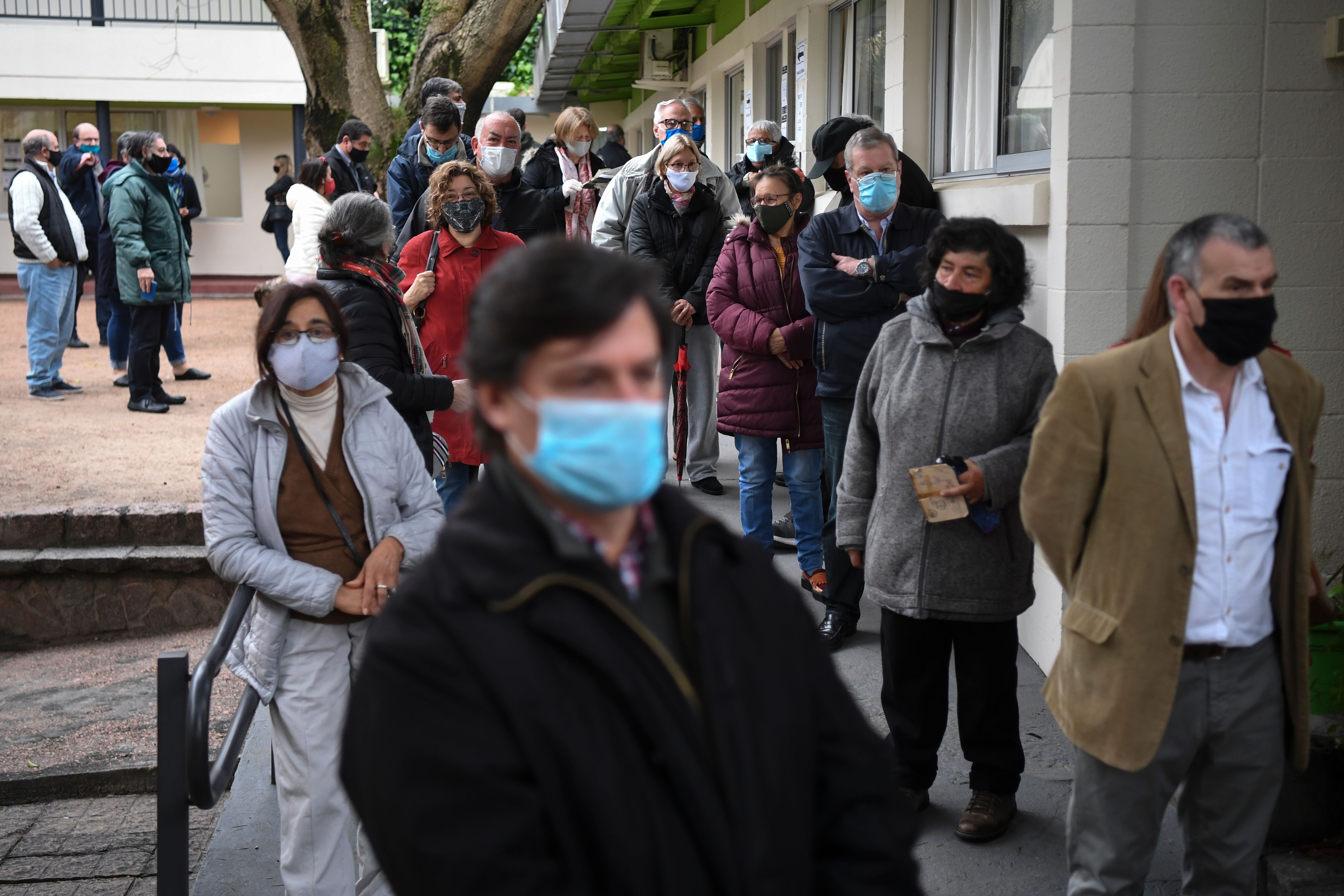
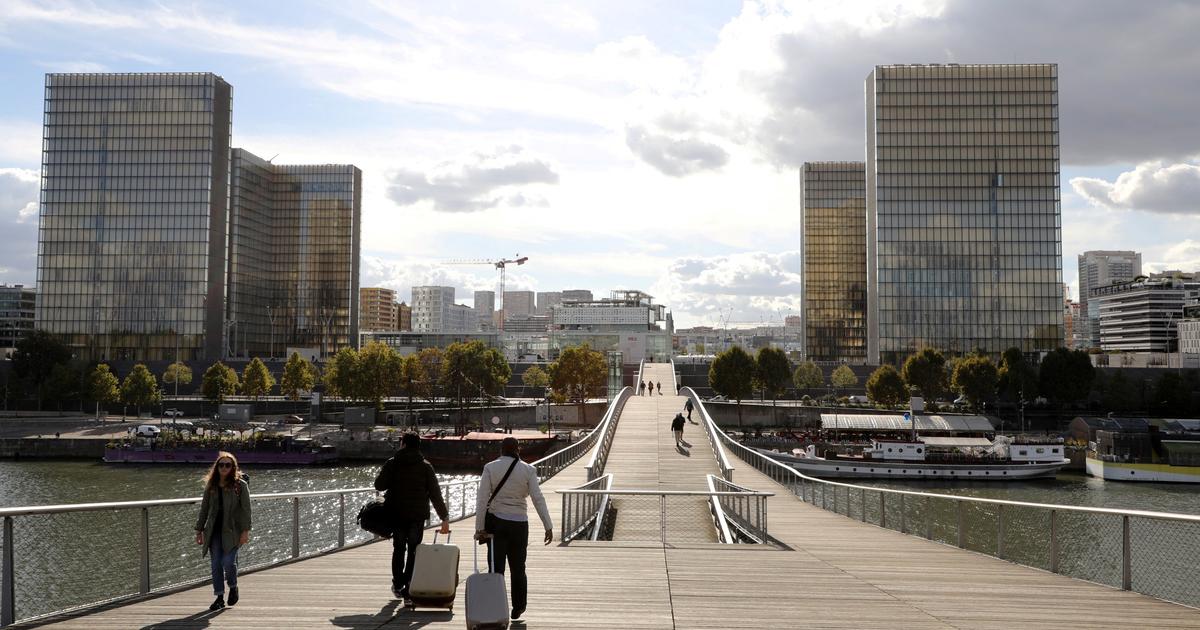
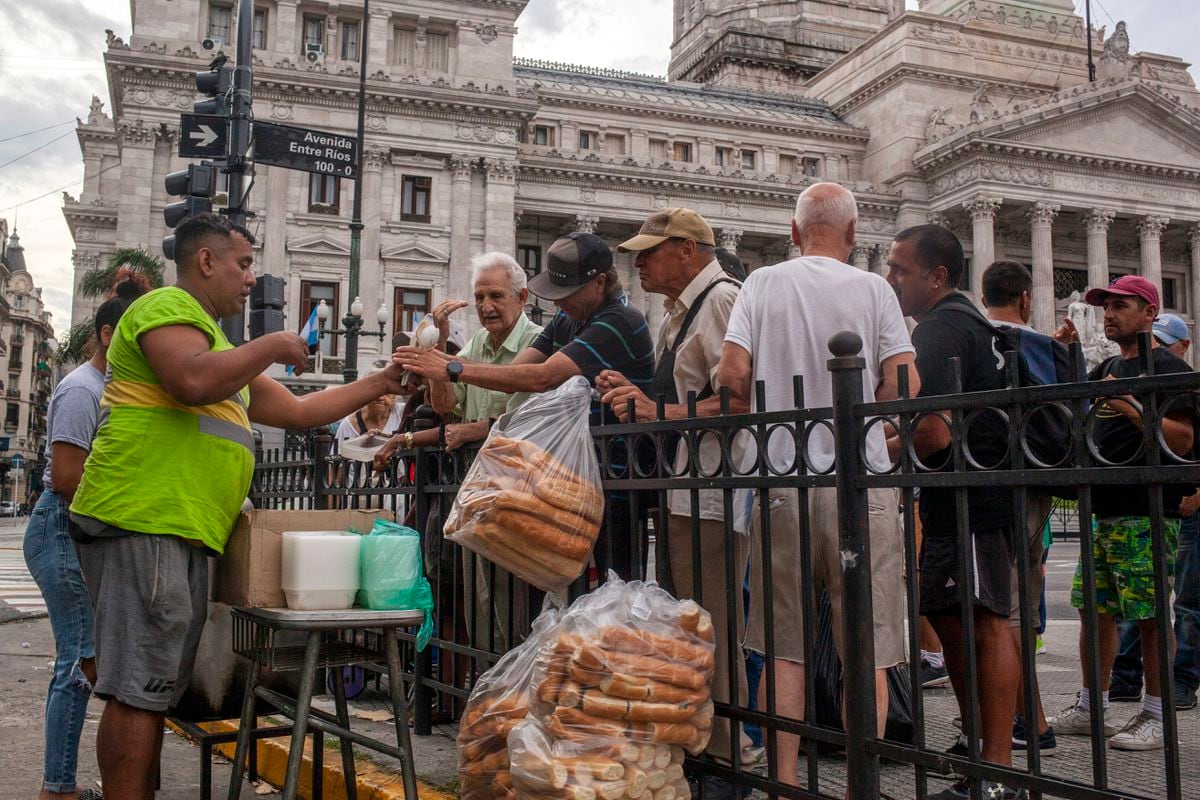

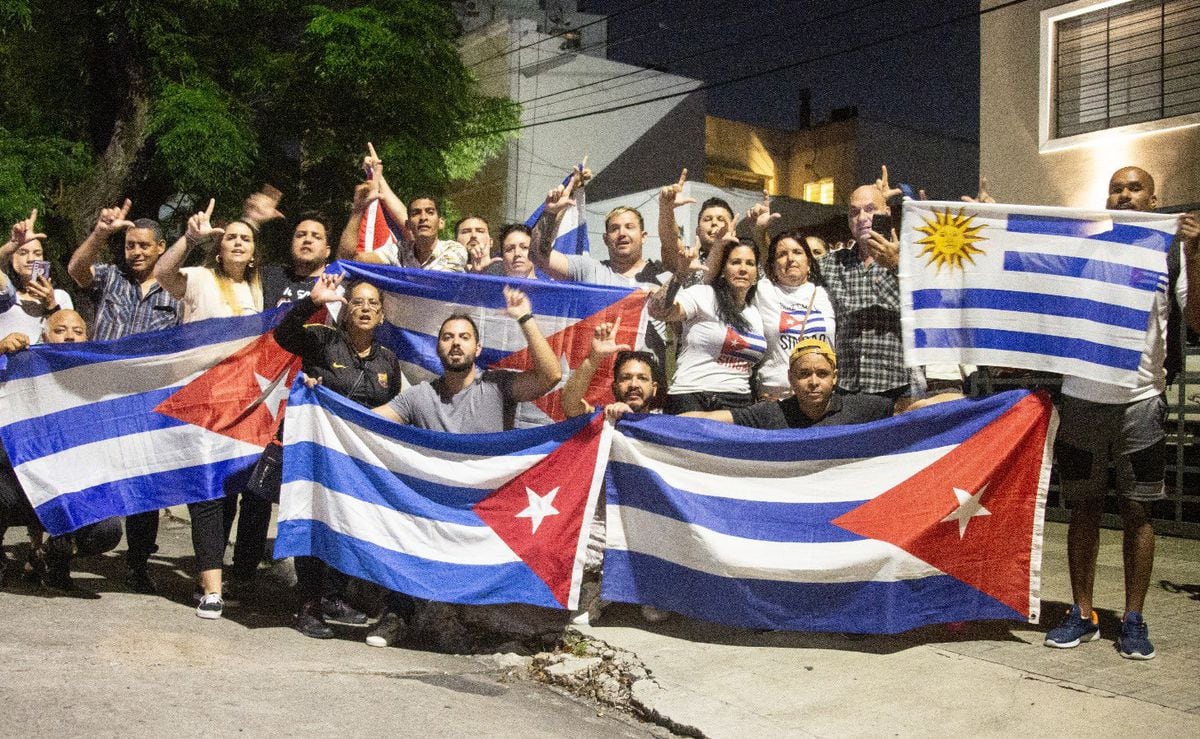

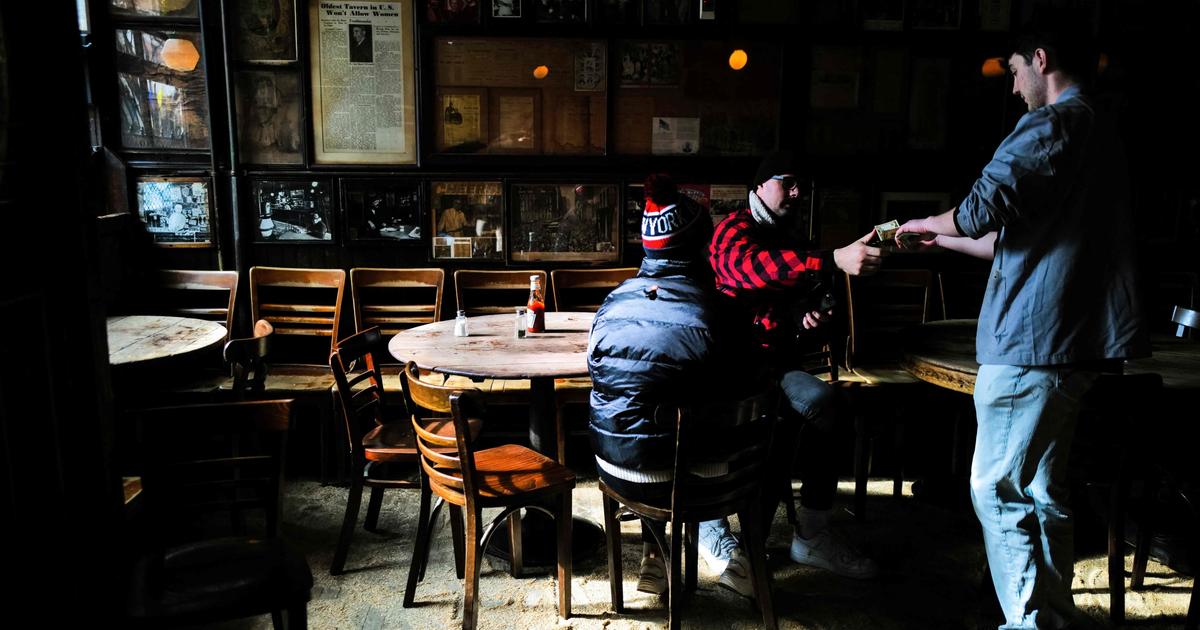
/cloudfront-eu-central-1.images.arcpublishing.com/prisa/BKFKZ33H7JCPZEHXBN7A7JPZHU.jpeg)



/cloudfront-eu-central-1.images.arcpublishing.com/prisa/KMEYMJKESBAZBE4MRBAM4TGHIQ.jpg)


